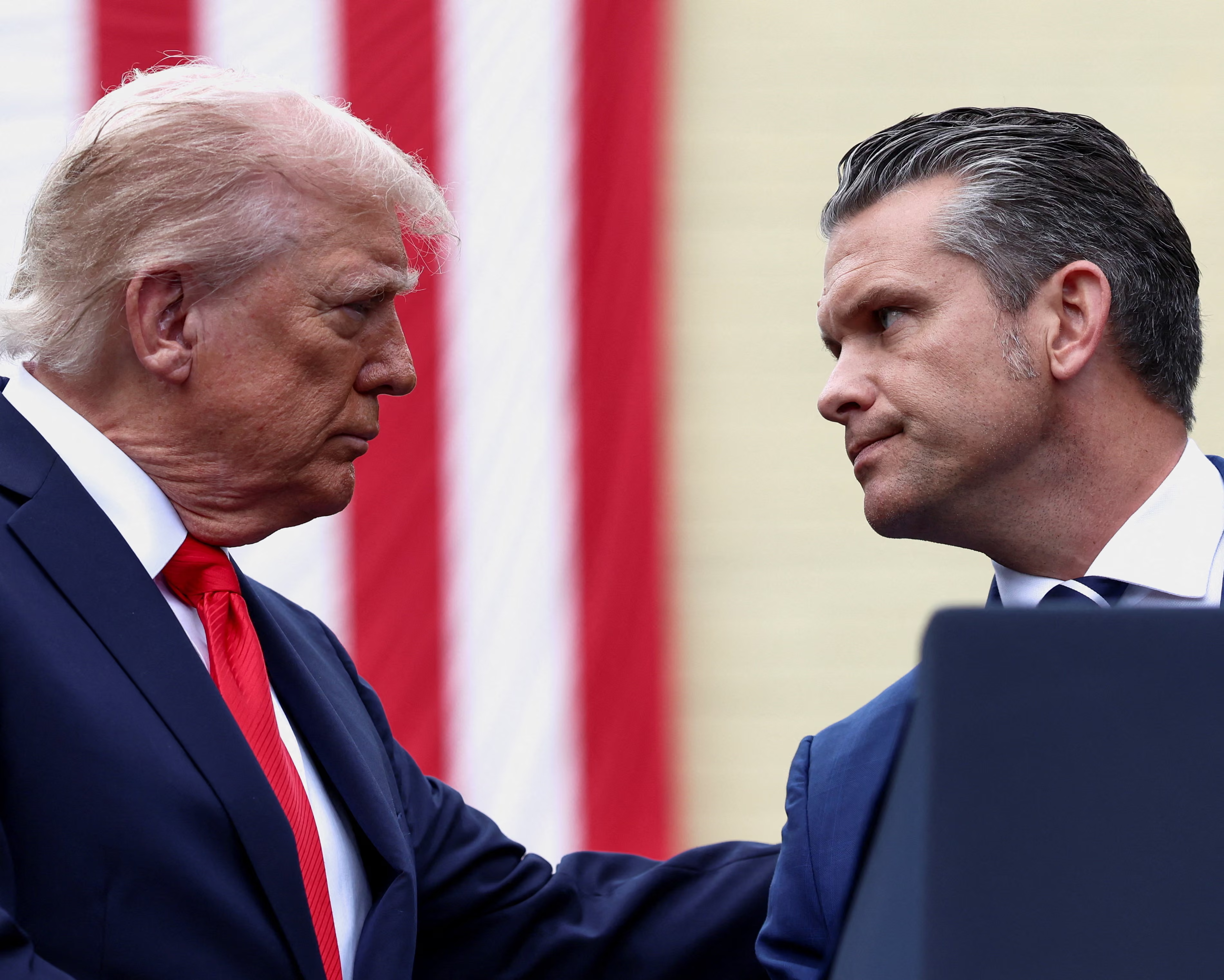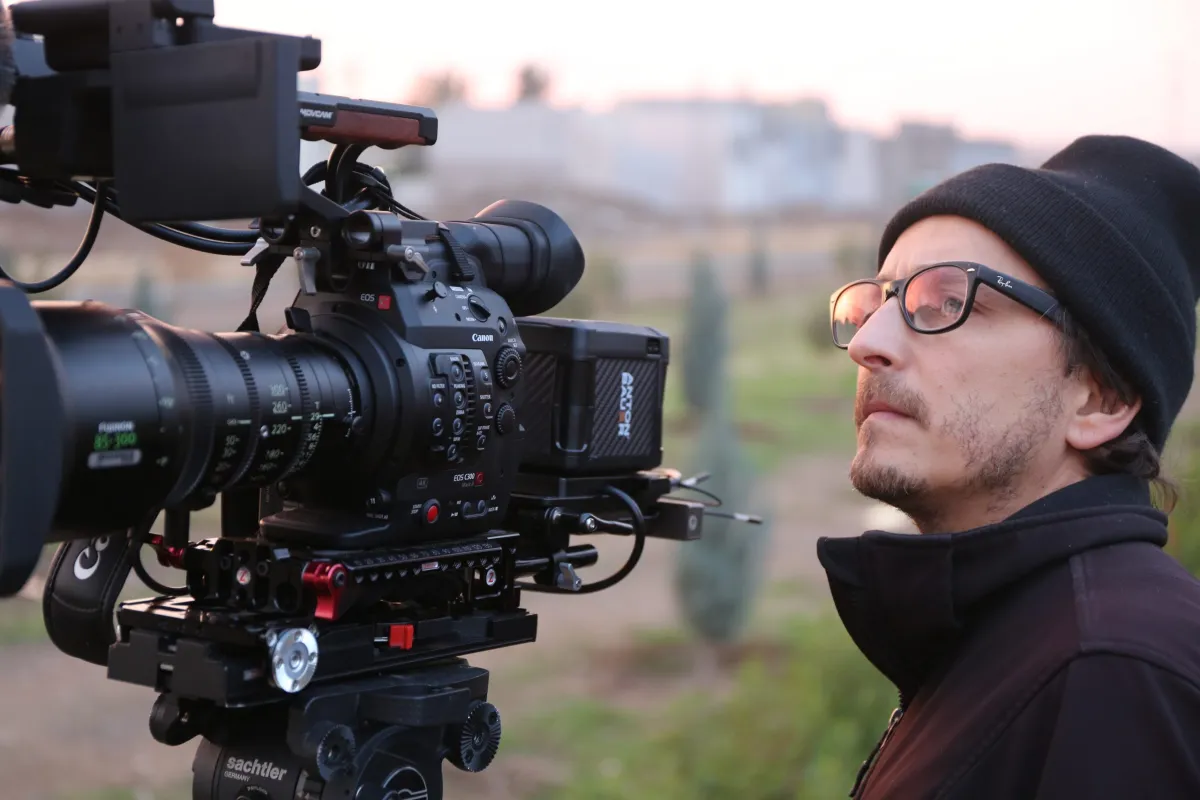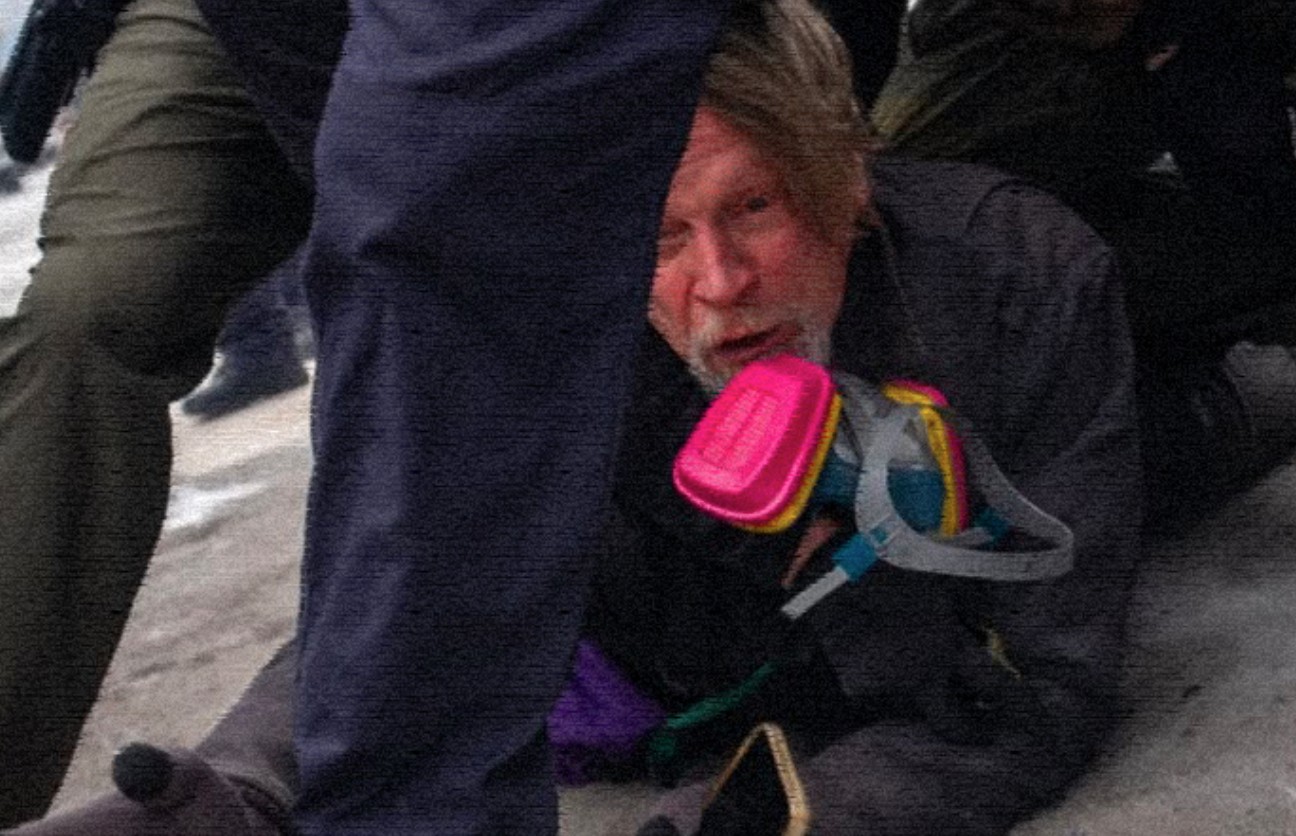
Chinese Citizen-Journalist Zhang Zhan Sentenced to Four More Years Amid Global Outcry
September 21, 2025
Sonia Dahmani: A Voice Confronting Repression
September 22, 2025September 21, 2025 – USA –
The Pentagon has unveiled sweeping new restrictions on journalists that critics argue amount to one of the most significant curbs on press freedom in recent U.S. history. A memo issued under Defense Secretary Pete Hegseth requires reporters covering the Pentagon to sign a pledge agreeing not to publish any information—including unclassified material—unless it has been cleared for release by an authorized official. Those who violate the pledge risk having their credentials revoked.
In addition to the pledge, the policy imposes new limits on reporters’ physical access to the Pentagon. Instead of being able to move freely within the building as in previous administrations, journalists are now confined to designated areas such as press pens, the food court, and the central courtyard. These restrictions mark a sharp departure from the longstanding tradition of open engagement between the Pentagon press corps and military officials.
President Donald Trump, when pressed about whether the Pentagon should dictate what reporters can say, dismissed concerns by claiming, “Nothing stops reporters.” His remarks, however, have done little to quiet alarm among press freedom advocates who warn the measures represent an unprecedented attempt to control information about the U.S. military.
Media organizations and watchdog groups have strongly criticized the rules, calling them unconstitutional prior restraint that violates the First Amendment. Legal experts stress that while the government can restrict classified information, extending control to unclassified material undermines transparency and accountability. Advocates argue the Pentagon’s actions will have a chilling effect on reporting, making it harder for the public to scrutinize military operations and decisions.
The new policy follows a series of moves by Hegseth to centralize information flow, including the removal of established news outlets from Pentagon office spaces and tighter vetting of military officials’ public remarks. Critics see this as part of a broader campaign to weaken oversight and shield the Defense Department from scrutiny. With the 2026 election season approaching, the restrictions have sparked fears of growing hostility toward independent media under Trump’s leadership.
Reference –
https://www.politico.com/news/2025/09/21/trump-pentagon-restrictions-press-00574539
https://www.theguardian.com/us-news/2025/sep/21/trump-pentagon-journalists




